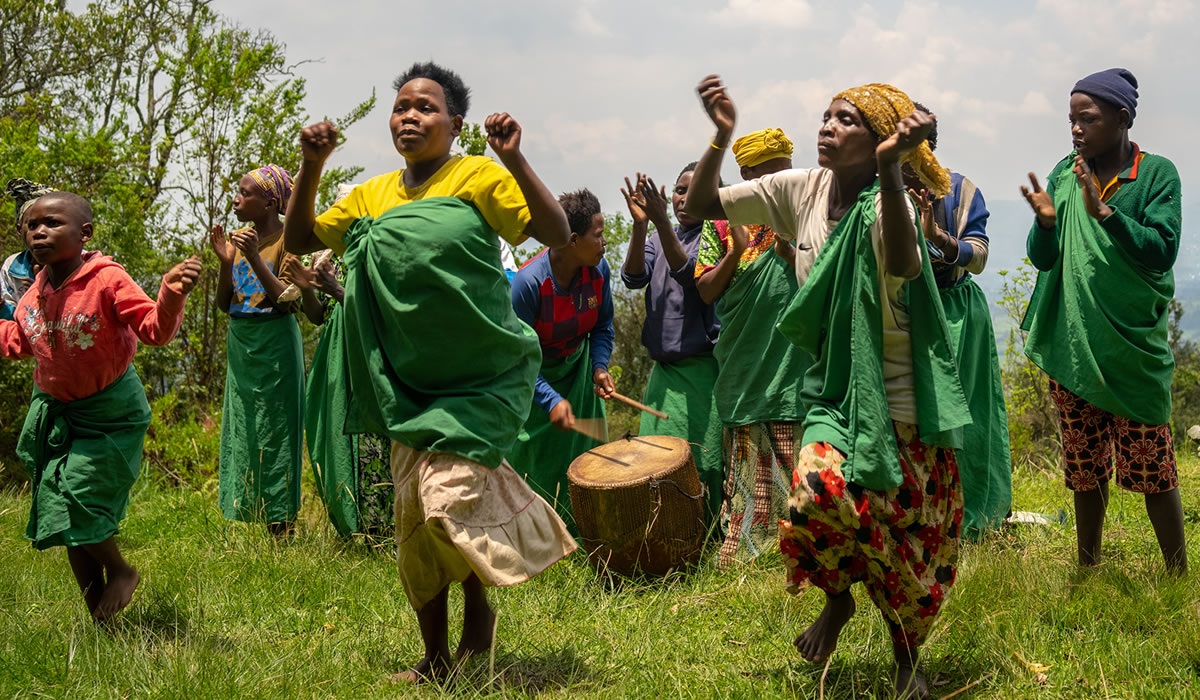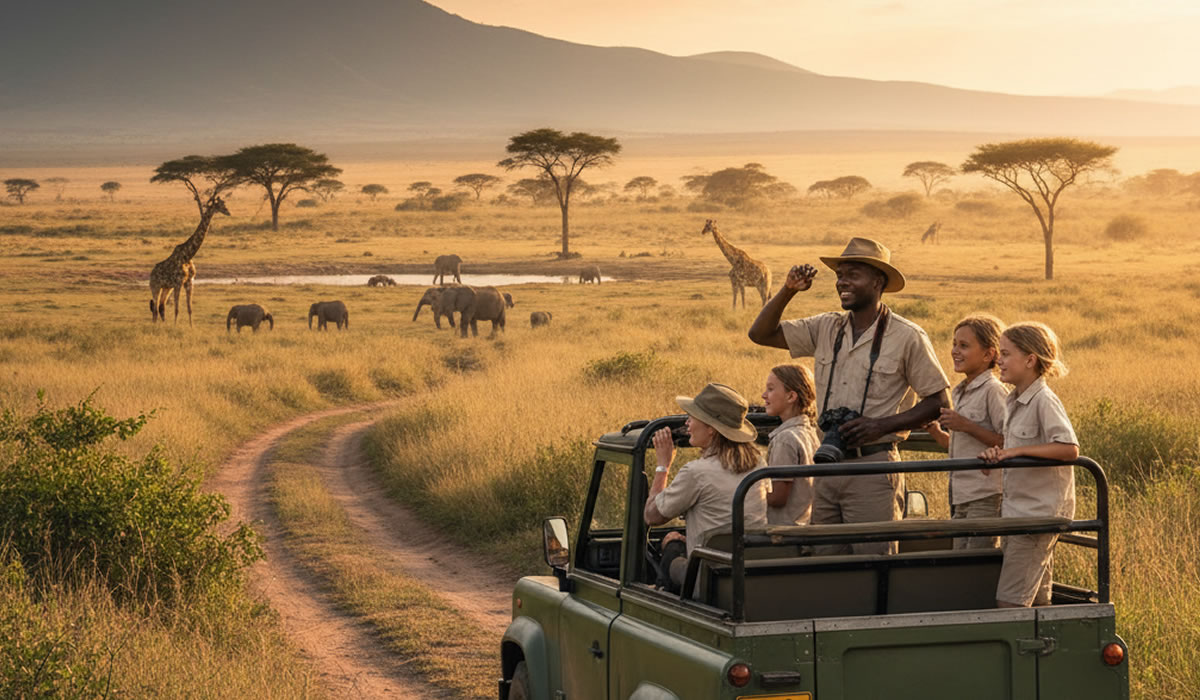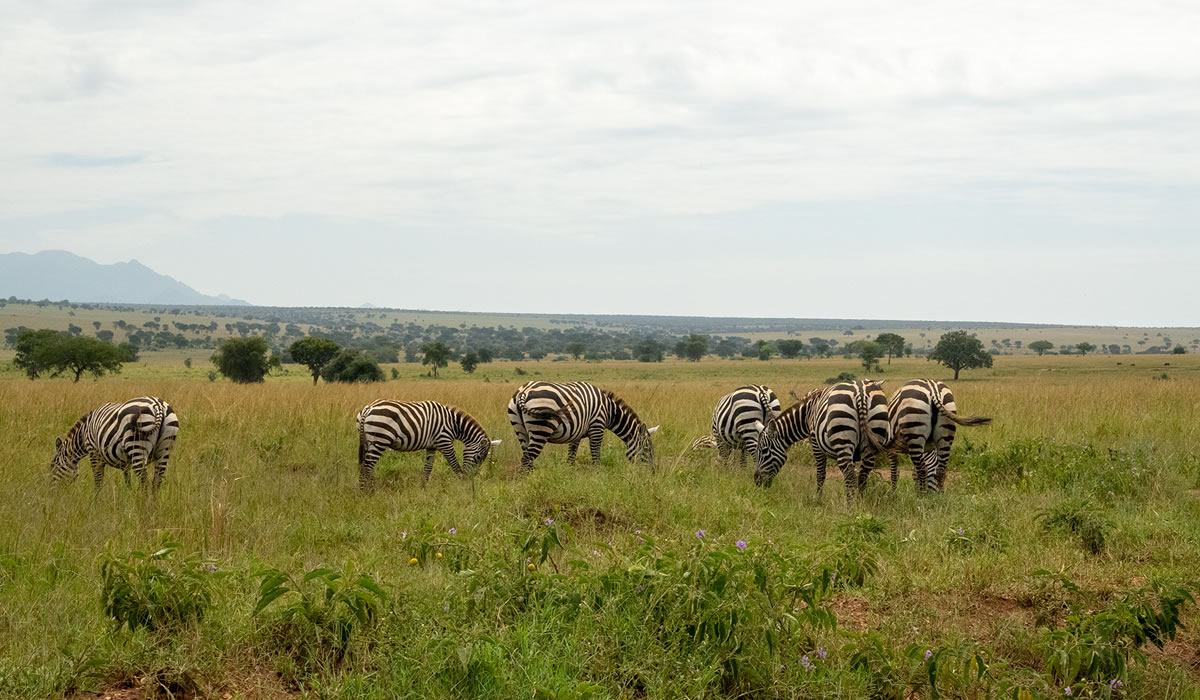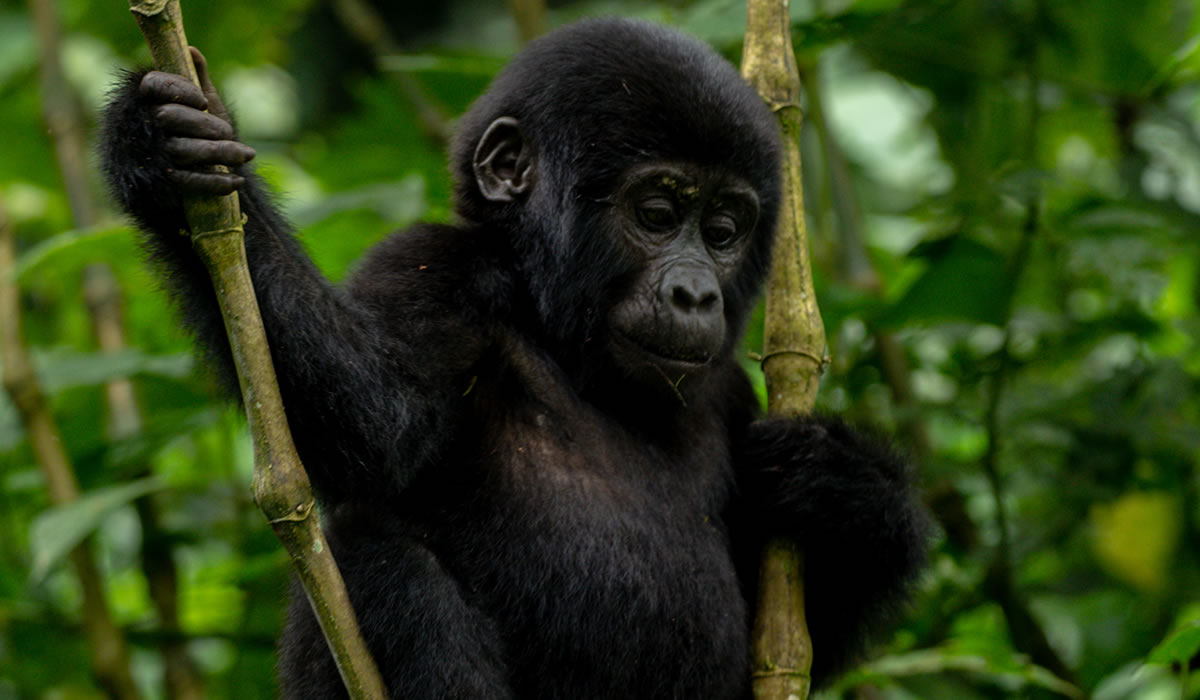Uganda, famously known as the Pearl of Africa, is a vibrant destination offering rich wildlife,…

Experiencing Local Life in Uganda
Uganda, known as the Pearl of Africa, is one of the most captivating destinations in East Africa. While the country is famous for its wildlife safaris, gorilla trekking, and scenic landscapes, one of the most rewarding aspects of visiting Uganda is immersing yourself in its local life. Experiencing local life in Uganda gives tourists the opportunity to connect with the heart and soul of the nation, to understand its diverse cultures, traditions, and daily rhythms beyond the national parks and lodges. From bustling city markets and rural villages to traditional ceremonies and local cuisine, Uganda offers countless ways to experience authentic African life and hospitality.
The Warmth and Hospitality of Ugandan People
Ugandans are known for their friendliness, warmth, and generosity. Everywhere you go, you are greeted with smiles and a genuine curiosity about where you come from. The people of Uganda take great pride in welcoming visitors, a value deeply rooted in their cultural traditions. This hospitality makes it easy for tourists to feel at home, whether they are in the busy streets of Kampala, the fishing villages along Lake Victoria, or the mountain communities near Bwindi Impenetrable National Park.
Interactions with locals often lead to meaningful exchanges. Many Ugandans enjoy sharing stories, teaching traditional dances, or explaining the history of their clans. Conversations over a cup of locally grown coffee or tea can reveal a lot about daily life, challenges, and achievements. For tourists who wish to go beyond sightseeing, these personal connections make Uganda an incredibly memorable destination.
Village Life and Rural Experiences
A large portion of Uganda’s population lives in rural areas, where agriculture forms the backbone of the economy. Visiting a Ugandan village offers tourists an authentic glimpse into traditional life, where community spirit and hard work define the rhythm of the day. Most villages are self-sustaining, with residents engaging in farming, animal rearing, and small-scale crafts.
Tourists who visit can participate in activities such as milking cows, harvesting crops, or learning how to prepare local dishes. Crops like matoke (green bananas), maize, beans, and cassava are staple foods, and farming methods are often traditional, relying on hand tools and shared labor. The experience is not only educational but also deeply humbling, as it highlights the simplicity and resilience of rural living.
Many community-based tourism initiatives have been established in regions such as Kisoro, Fort Portal, and Jinja. These projects allow tourists to stay in local homesteads, interact with families, and contribute to community development. Some villages also offer cultural performances, traditional storytelling, and craft workshops. Such experiences promote sustainable tourism, ensuring that local communities benefit directly from tourism income.
Exploring Uganda’s Markets and Urban Life
City life in Uganda offers a fascinating contrast to the countryside. Kampala, the capital, is the busiest and most dynamic city, filled with energy, color, and sound. For tourists eager to experience the pulse of Ugandan life, visiting local markets is a must.
Owino Market (St. Balikuddembe Market) is one of the largest and most chaotic markets in East Africa. It is a maze of narrow pathways filled with vendors selling clothes, shoes, electronics, and local food. Bargaining is expected and part of the fun, giving tourists a chance to interact directly with vendors. The atmosphere is lively and sometimes overwhelming, but it perfectly represents the entrepreneurial spirit of Uganda.
Nakasero Market, located in the heart of Kampala, provides a more organized experience. Here, tourists can sample fresh fruits, vegetables, spices, and local delicacies. Mangoes, pineapples, and avocados are available in abundance, often at incredibly affordable prices. The market also sells crafts, handmade jewelry, and household goods, making it a good spot for buying souvenirs.
Beyond the capital, smaller towns like Jinja, Mbale, and Fort Portal also have lively markets. These are great places to observe daily trade, learn about local produce, and engage in friendly conversations with residents. For tourists, exploring Uganda’s markets is not just about shopping; it’s about witnessing the daily hustle and flow that defines urban life in the country.
Ugandan Cuisine and Dining with Locals
Food is a central part of experiencing local life in Uganda. The country’s cuisine reflects its agricultural abundance and cultural diversity. Meals are typically simple but hearty, relying on fresh, locally grown ingredients.
The national dish, matoke, consists of green bananas steamed and mashed, often served with a stew made from beans, beef, chicken, or groundnuts (peanuts). Other common dishes include posho (maize flour porridge), sweet potatoes, cassava, and rice. Tourists can enjoy these meals in local restaurants known as “kafundas,” where food is cooked traditionally and served in generous portions.
Street food is also popular, with the Rolex being one of Uganda’s most famous snacks. A Rolex is a rolled chapati filled with eggs, onions, tomatoes, and sometimes cabbage or meat. It is quick, affordable, and delicious, making it a favorite among students and workers. Sampling street food is an authentic way to experience everyday Ugandan life and culture.
In many communities, food is shared communally, reflecting the country’s strong sense of togetherness. Tourists who join homestays or cultural tours often have the opportunity to cook alongside their hosts, learning how to prepare traditional dishes from scratch. These cooking experiences often end with shared meals, laughter, and storytelling, offering a window into Ugandan hospitality.
Cultural Festivals and Traditional Celebrations
Uganda’s cultural diversity is one of its greatest strengths, with over 50 ethnic groups, each with its own language, music, and customs. Experiencing local festivals and ceremonies provides tourists with a deeper understanding of the country’s traditions and values.
In the Buganda Kingdom, the Kabaka’s Birthday and Buganda Royal Coronation Anniversary are major events celebrated with parades, music, and dance. These festivals showcase the pride and unity of the Baganda people, Uganda’s largest ethnic group. In the north, the Acholi cultural festivals feature traditional dances like Bwola, where dancers wear vibrant costumes and perform to rhythmic drumbeats.
The Imbalu circumcision ceremonies among the Bagisu people in eastern Uganda are another fascinating cultural event. Held every even year, the ceremony marks the passage from boyhood to manhood and is celebrated with singing, dancing, and feasting. While the ritual itself is deeply traditional, the celebration around it is open to visitors who wish to learn about the customs of the Bagisu.
Cultural centers such as the Ndere Cultural Centre in Kampala offer regular performances featuring traditional music, dance, and storytelling from across Uganda. These shows provide an excellent introduction to the country’s ethnic diversity in an entertaining and educational format.
Art, Music, and Local Creativity
Art and music are vital expressions of Ugandan identity. Across the country, you will find vibrant art scenes and musical performances that reflect both tradition and modernity.
Kampala’s Afriart Gallery and Nommo Gallery showcase works from Ugandan and African artists, ranging from abstract paintings to sculptures made from recycled materials. Street art is becoming more common, with murals decorating city walls and expressing themes of culture, unity, and social change.
Music is everywhere in Uganda. From traditional drumming groups in rural areas to Afrobeat performances in city bars, the country’s music scene is dynamic and diverse. Tourists can enjoy live music at local venues or attend concerts featuring famous Ugandan artists like Eddy Kenzo, Sheebah, and Bebe Cool. Traditional instruments like the adungu (a harp-like string instrument) and engoma (drums) are often used in performances, creating rich, rhythmic sounds that are deeply rooted in Ugandan culture.
Religious Life and Spiritual Diversity
Religion plays a significant role in daily life in Uganda. The country is home to various faiths, including Christianity, Islam, and traditional beliefs, all coexisting harmoniously. Churches and mosques are central community spaces, and tourists are often welcome to attend services or visit religious sites.
Notable landmarks include the Namirembe and Rubaga Cathedrals in Kampala, which offer historical and architectural beauty, and the Gaddafi National Mosque, whose towering minaret provides panoramic views of the city. Visiting these sites offers insight into Uganda’s spiritual life and the role faith plays in uniting its people.
Sustainable and Responsible Tourism
Experiencing local life in Uganda goes hand in hand with supporting sustainable tourism. Many community-based projects promote cultural exchange while empowering local residents. Tourists can participate in eco-tours, craft workshops, or village stays that directly contribute to the local economy.
Organizations such as Ride 4 a Woman in Bwindi and Community-Based Tourism Initiatives (COBATI) in various regions help preserve cultural traditions while providing livelihoods. By choosing such experiences, tourists not only enjoy authentic interactions but also help protect Uganda’s heritage for future generations.
Experiencing local life in Uganda offers far more than sightseeing—it is about connecting with people, understanding their traditions, and appreciating the rhythm of everyday living. From rural villages and colorful markets to traditional festivals and shared meals, every encounter reveals a piece of Uganda’s identity.
For tourists, this immersion transforms a trip into a life-changing journey. It brings meaning to the beauty of the landscapes, the warmth of the people, and the richness of the culture. Whether it’s learning to cook matoke, joining a village dance, or exploring Kampala’s buzzing streets, experiencing local life in Uganda is the most authentic way to understand the true spirit of the Pearl of Africa.




